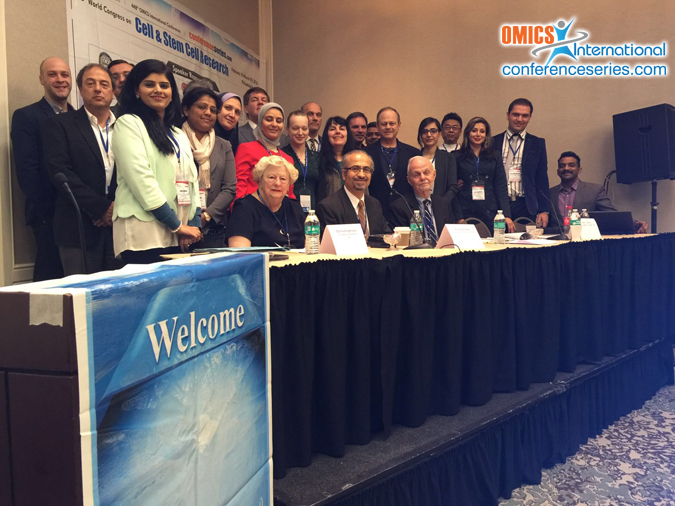
Shanmugasundaram Ganapathy-Kanniappan
Johns Hopkins University School of Medicine, USA
Title: Cancer stem cell markers: An emerging link between metabolic reprogramming and metastasis
Biography
Biography: Shanmugasundaram Ganapathy-Kanniappan
Abstract
Cancer-related high mortality rate and poor prognosis are often attributed to metastasis, the process of dissemination of cancer cells to distal organs from the primary site of origin. Further metastatic cancers are often known to be refractory to therapies. Development of an effective therapeutic strategy for metastatic cancer relies on the identification of sensitive molecular targets that are specific and critical for the growth and propagation of metastatic cells. However, tumor heterogeneity impedes the complete understanding of the metastatic proclivity any solid malignancy and the elucidation of potential therapeutic target. Further, the complexity of metastatic process [which involves sequential steps like dissociation of cancer cells from the site of origin, transport in the circulation, and final sequestration into distal organs] also confound the identification of any sensitive target or pathway. Recently, we reported an algorithm of matrigel-free, anchorage independent growth condition to select and isolate “metastatic potential” cells from heterogeneous population of cancer cells. Our preliminary data show that these early-stage metastatic cancer cells undergo a metabolic reprogram to facilitate growth and development. More importantly, such metabolic reprogramming involves upregulation of cancer-stem cell markers. Emerging reports indicate cancer-stem cell markers affect energy metabolism in cancer cells. Together, we show that metabolic reprogramming and metastatic potential of cancer cells are correlated with the expression of one or more cancer-stem cell markers. Thus, cancer stem cell markers remain as attractive target for therapeutic interference with cancer metabolism as well as metastasis.

